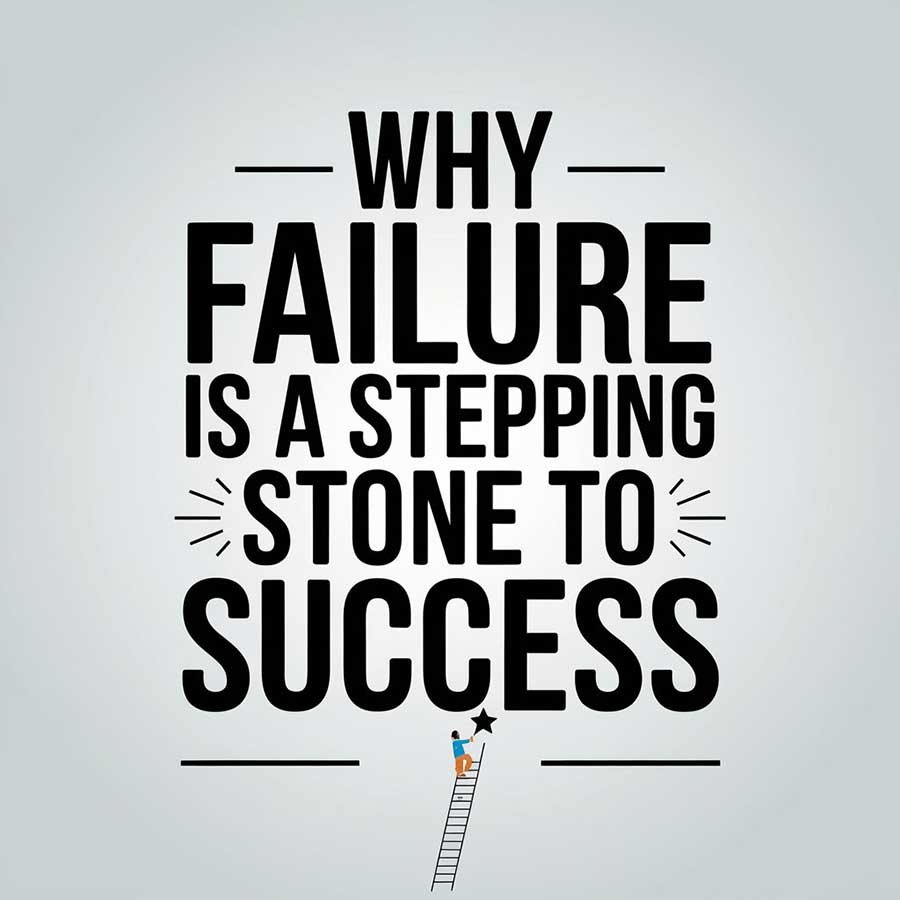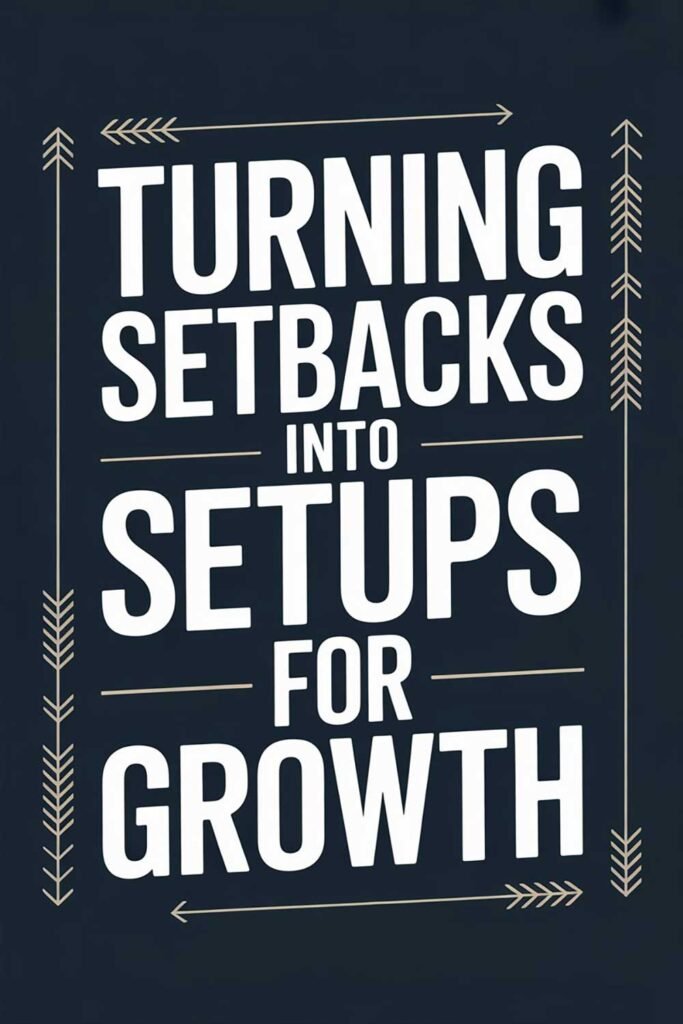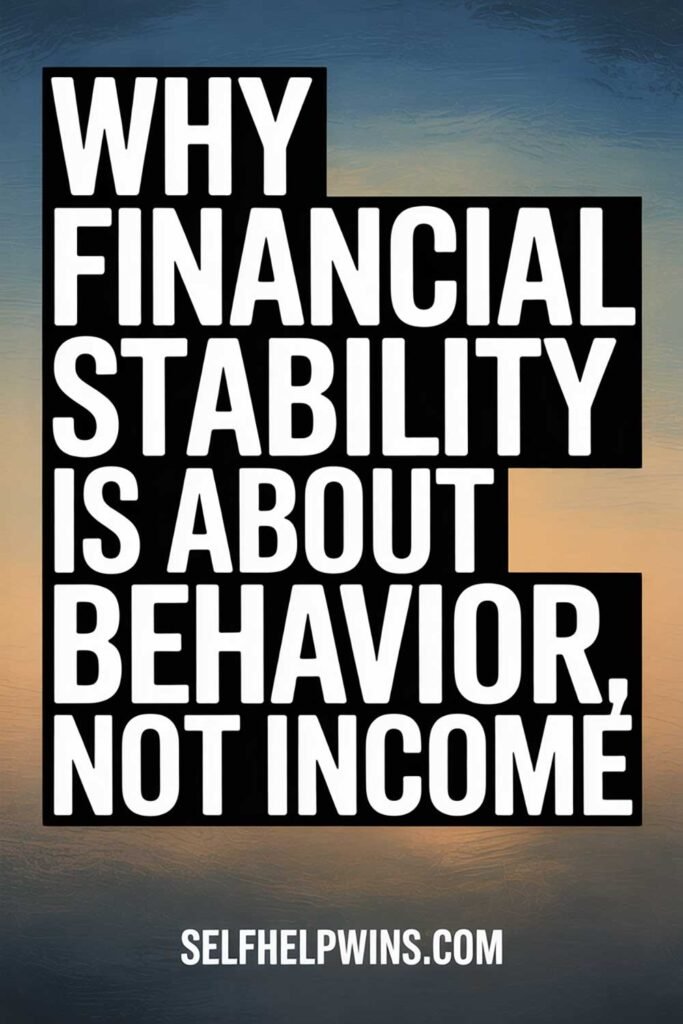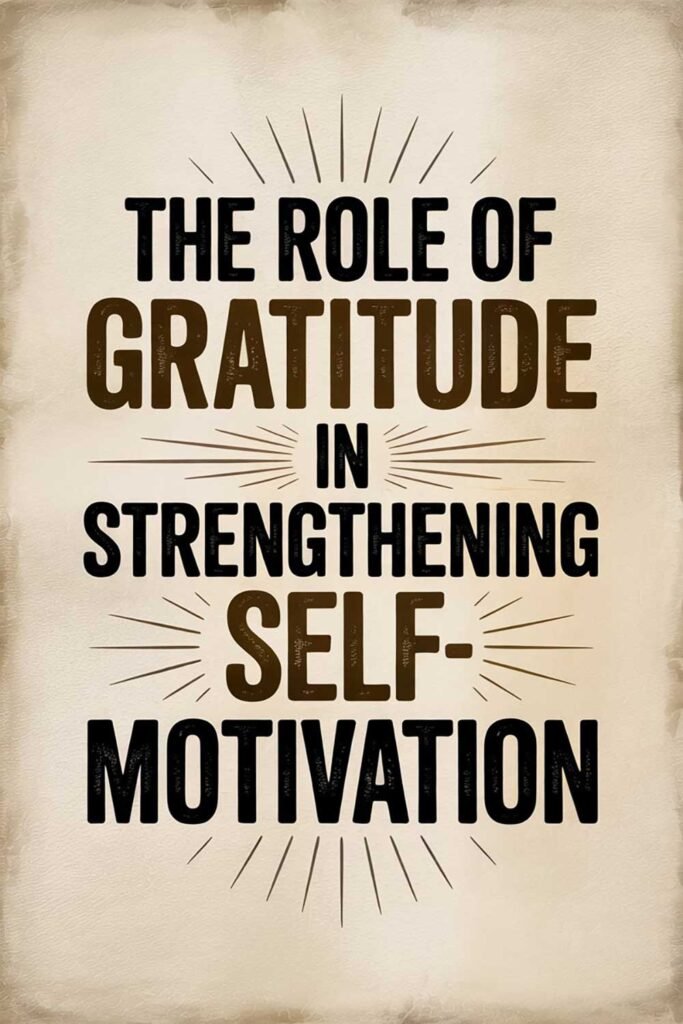
Why Failure Is a Stepping Stone to Success
Understanding the Role of Failure in Success
Failure is often viewed as something negative—a sign of weakness or incompetence. However, history and experience tell us that failure is not an endpoint but a crucial stepping stone to success. The greatest achievers in various fields have all encountered failures, learned from them, and used those lessons to propel themselves forward. Instead of fearing failure, we should embrace it as an essential part of growth and success.

The Relationship Between Failure and Growth
Failure forces us to evaluate what went wrong and how we can improve. It serves as a powerful teacher by:
- Highlighting weaknesses that need to be addressed.
- Encouraging problem-solving and adaptability.
- Building resilience and persistence.
- Providing valuable experience for future endeavors.
Without failure, there would be no learning, no innovation, and no true success.
Historical Examples of Success Through Failure
1. Thomas Edison – The Lightbulb Inventor
Edison famously said, “I have not failed. I’ve just found 10,000 ways that won’t work.” His persistence in the face of failure eventually led to the invention of the lightbulb, revolutionizing modern life.
2. Oprah Winfrey – From Rejection to Media Mogul
Oprah was once fired from a television job for being “unfit for TV.” Rather than giving up, she channeled that setback into building a media empire, becoming one of the most influential people in the world.
3. Michael Jordan – Cut From the Team
Michael Jordan was cut from his high school basketball team, but instead of quitting, he used that rejection as motivation. He went on to become one of the greatest basketball players in history.
The Psychology of Overcoming Failure
1. Developing a Growth Mindset
A growth mindset, as described by psychologist Carol Dweck, is the belief that abilities and intelligence can be developed through effort and learning. Those with a growth mindset see failure as an opportunity to improve rather than a permanent setback.
2. Reframing Failure as Feedback
Instead of seeing failure as a sign of incompetence, view it as feedback. Ask yourself:
- What did I learn from this experience?
- How can I improve next time?
- What adjustments should I make to my approach?
3. Building Resilience Through Failure
Resilience is the ability to recover from setbacks and keep going. The more you experience and overcome failure, the stronger and more prepared you become for future challenges.
Strategies to Use Failure to Your Advantage
1. Analyze and Adapt
After experiencing failure, take the time to analyze what went wrong and create a new plan based on those insights.
2. Embrace the Process
Understand that failure is part of the journey. Each setback is a stepping stone leading you closer to your goal.
3. Surround Yourself with Supportive People
Seek guidance from mentors, friends, and colleagues who can provide encouragement and constructive feedback.
4. Take Action Despite Fear
Many people fear failure so much that they never take action. The key is to push forward even when the possibility of failure exists, knowing that every attempt brings valuable lessons.
5. Celebrate Small Wins
Recognizing progress, even in small increments, keeps motivation high and reinforces the idea that setbacks are just temporary obstacles.
Picture This
Imagine pursuing a goal that truly matters to you. You try, and you fail. The frustration is real, but instead of quitting, you analyze what went wrong and make adjustments. With each setback, you gain more knowledge, more resilience, and more confidence. Then, one day, after countless failures, you achieve success. You realize that without those failures, you wouldn’t be where you are today. This is the power of failure—it’s not an end but a necessary step toward greatness.
Share This with Someone Who Needs It
If this article resonated with you, share it with someone who might be struggling with failure. Let’s encourage each other to see setbacks not as defeats but as stepping stones to success.






